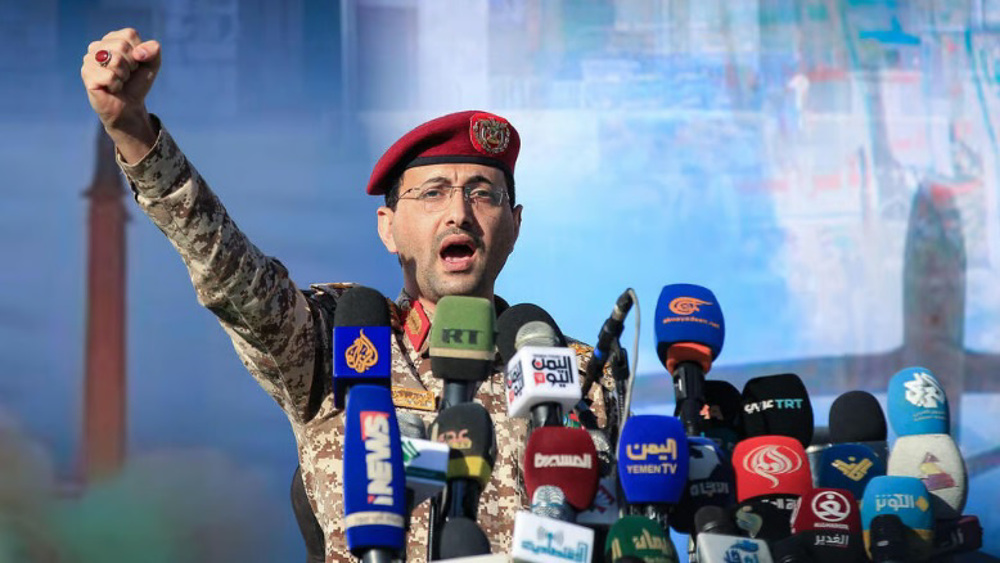US army opens ‘first ever stationary unit’ in Israel
The United States has inaugurated a permanent military base in Israel, poised as “the first ever stationary unit” there.
Brigadier General Zvika Haimovitch told reporters Monday that this is the first time the US flag is flying in an Israeli military base, further praising the “historic and exciting” inauguration.
The base is purportedly located inside the Israeli air force’s Mashabim air base, west of the towns of Dimona and Yerucham.
“Due to the close cooperation between us and the American forces in the field of air defense, as well as the extensive experience accumulated by the Aerial Defense Division, it was decided that the first permanent base of the American Army would be established at the School of Air Defense,” Haimovitch said.
He stated that that the base “represents the long-standing partnership, the strategic commitment between the armies and the militaries,” while it “adds another layer to the security” against what he described as “the threats of rocket or missile fire.”
Read More:

'Base within a base'
Several dozen American soldiers are expected to be stationed at the military base in southern Israel in order to operate American systems not Israeli ones, stressed the general.
The US military’s European Command (EUCOM) will be tasked with operating the “base within a base.”
Washington has also been providing Israel with $3.8 billions annually since a 2007 agreement with the administration of former President George W. Bush.
Washington’s massive support for the Zionist regime comes despite the international condemnation of Tel Aviv’s atrocities against Palestinians.
Based on a September 2016 agreement, the US will be bankrolling Israel's military spending to the tune of around $38 billion effective from 2019 for the next 10 years.
Since World War II, Israel has been the largest cumulative recipient of US foreign assistance.
Hailed as a “great friend to the Jewish people” by Israeli Prime Minister Benjamin Netanyahu, President Donald Trump has mended ties with Israel that had gone sour under Obama, in part due to his resolve to participate in nuclear negotiations with Tehran, which yielded a nuclear deal not welcomed by US regional allies, namely Israel and Saudi Arabia.

Tahrir Hospital director: Gaza children at most severe stage of malnutrition

Yemeni forces strike key Israeli targets with ballistic missile, kamikaze drone

The April Revolution: One-year anniversary of Gaza solidarity encampments in US
Tahrir Hospital director: Gaza children at most severe stage of malnutrition
VIDEO | An insider's view of Iran: Marvast in Yazd
VIDEO | An insider's view of the country: Termeh
Yemeni forces strike key Israeli targets with ballistic missile, kamikaze drone
Iran unveils legal strategies for SCO states to counter challenges
Gaza’s slow death: How aid blockade has pushed Palestinians to the brink
US plan requires Ukraine to give 20% of territory to Russia: Report
Iran: New sanctions show US 'lack of goodwill' in talks with Tehran









 This makes it easy to access the Press TV website
This makes it easy to access the Press TV website